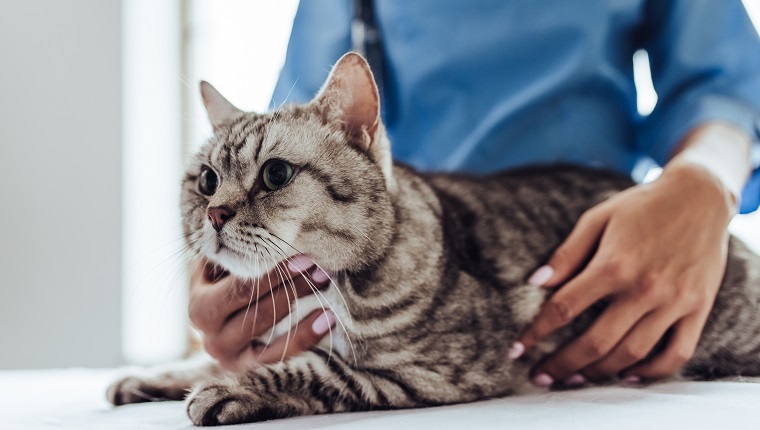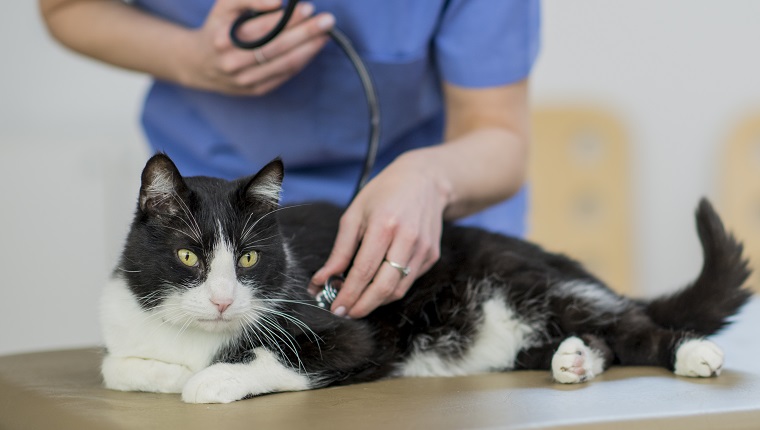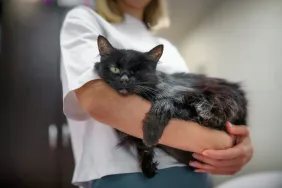Antibiotic-resistant bacterial infections in cats are a type of infection that fails to respond normally to antibiotics. In short, normal antibiotic medicines cannot kill or stop the bacteria from spreading.
These kinds of antibiotic-resistant bacteria are also sometimes known medically as L-form bacteria. Antibiotic-resistant infections can prove difficult to treat effectively. The condition can also spread to both humans and other pets that the cat might come into contact with.
If you see signs that your cat might be suffering from an infection, then you must consult your veterinarian for a proper diagnosis and course of treatment. Here’s what you should know about the symptoms, causes, and treatments of antibiotic-resistant bacterial infections in cats.
Symptoms Of Antibiotic-Resistant Bacterial Infections In Cats
Antibiotic-resistant bacterial infections in cats are infections that do not respond to traditional courses of antibiotics.
Some of the symptoms of these infections include developing a fever, arthritis, and visible skin infections.
Causes Of Antibiotic-Resistant Bacterial Infections In Cats

The main cause of antibiotic-resistant bacterial infections in cats is natural development; although, taking antibiotics too frequently or taking the wrong type of antibiotics can increase the chances of bacteria developing resistance to antibiotics.
Additionally, certain other medical conditions might make a cat more likely to develop an infection. Some of those conditions include:
- Skin allergies
- Diabetes
- Upper respiratory tract infections
- Cushing’s disease
- Cystitis
Treatments For Antibiotic-Resistant Bacterial Infections In Cats
If you think that your cat is suffering from an antibiotic-resistant bacterial infection, your veterinarian will want to physically examine your kitty along with asking about any current medicines they may be taking.
To definitively determine a case of an antibiotic-resistant bacterial infection, your vet will need to conduct sensitivity and culture tests.
When it comes to treating these infections, the process can prove problematic. Sometimes, medically cleaning visible wounds with an antibiotic lotion can help out the situation.
A vet may also consider a different course of antibiotics; although, due to the inherent nature of antibiotic-resistant bacteria, the results might not be as effective as hoped.
As always, if your vet prescribes any course of antibiotics, then it is vital that you adhere to the precise dosage and frequency instructions along with completing the entire course of medicine.
Anecdotal evidence suggests that the use of dietary probiotics might help treat or alleviate these types of infections in cats. As ever, ask your vet before adding dietary supplements to your cat’s daily regimen.
Has your cat ever developed an antibiotic-resistant bacterial infection? How did your vet treat it? Tell us all about it in the comments below.









